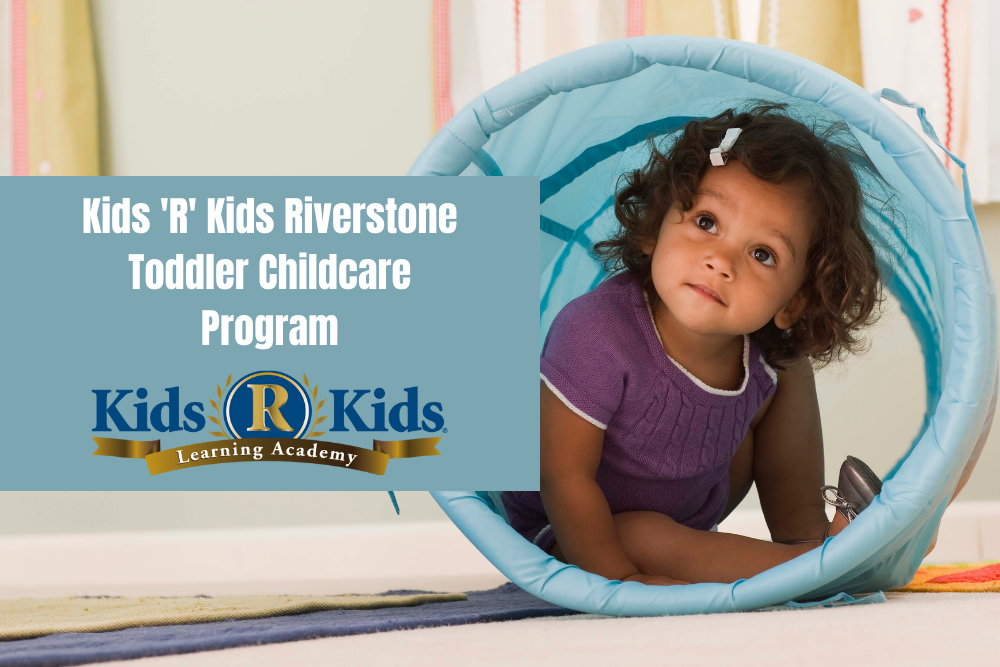We are enrolling! Join us in nurturing young minds, fostering creativity, and creating a brighter future. We're excited to introduce your child to a world of possibilities! Contact us today for details.
This time in your child’s life is integral for learning many firsts like pottying, going to school, or tying their own shoes. It’s especially important that while your child is accomplishing so many amazing things, one of the things they accomplish is learning how to navigate their big emotions. A child’s emotional state will often preface how well they approach challenges, deal with day-to-day, and grow in their relationships. To make it easier, here are tips that will help you teach your child how to navigate through their big emotions.
Use the “Count to 10” Method
While you don’t want to stifle how your kids feel, sometimes it’s a good idea to take a break before an explosion of emotions occurs. Explosions can’t always be avoided, however, the number of them can be greatly reduced by teaching your kids how to pause long enough to count to ten. This offers the child an opportunity to calm down and let the fleeting feelings pass before reacting.
Let Your Kids Vent
Oftentimes children feel a certain emotion without understanding why they feel it. That’s because children are very emotional beings who are led by their emotions. When children are having a difficult time moving out of very strong emotions, sometimes what they need the most is for us to just sit with them and offer a listening ear while they express themselves.
Much like adults need to vent, children do, too, only in much more unique ways. When your little one needs you to hear her, support her where she is by simply sitting next to her and listening until she’s done expressing herself.
Vocalize How Your Child Feels
Vocalizing how your child feels is a wonderful way to model to your child how to navigate through huge emotions. This can (and should be) as simple as just vocalizing to your child what she’s feeling.
For instance, your child does not want to wear his jacket outside, although the temperature warrants a jacket. He insists on fighting against wearing his jacket, and the more you ask him to put it on, the more he pushes back. Pretty soon, the screaming and crying start. In these moments, moving past the outburst of emotions can be as simple as saying, “I see you’re upset because you don’t want to wear your jacket.” Your child may not have wanted to wear his coat, but you helping him vocalize how he feels will help him navigate through the feeling so that he can cooperate with you. It may seem too good to be true, but it actually works!
Apologize to Your Child When You’re in the Wrong
Remorse is quite a big emotion for anyone to feel. Remorse for a behavior that hasn’t been dealt with appropriately could turn into shame, which could cause bigger problems like angry outbursts, hiding, or attention-seeking behavior. In order to avoid shame-based behaviors, children must learn to deal with their remorse in healthy ways by learning to apologize when they’ve done something they shouldn’t. The best way to model this behavior to your child is to apologize to them when you’re in the wrong.
For instance, if you’ve yelled at your child in a moment of low to no patience, it’s completely OK to apologize to your child for speaking to them in anger. This shows them that you’re human and make mistakes, and you’re capable of admitting when you’re wrong.
KIDS ‘R’ KIDS RIVERSTONE TODDLER PROGRAM

Are you interested in learning more about how Kids ‘R’ Kids Academy of Riverstone can teach your toddler about being nice and using manners? Our Toddler Childcare Program is fully accredited and always ready to match your toddler’s energy and curiosity with wonderful teaching lessons.
We teach your toddler to be prepared for preschool and beyond!
Want to learn more about Kids ‘R’ Kids Learning Academy of Riverstone? Our mission is to provide secure, nurturing, and educational environments for children ages 6 weeks – 12 years. We help children to bloom into responsible, considerate, and contributing members of society. For more information, give us a call or stop by for a tour! We’d love to get to know you and your family.